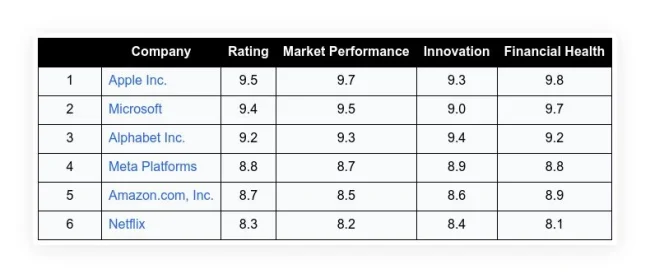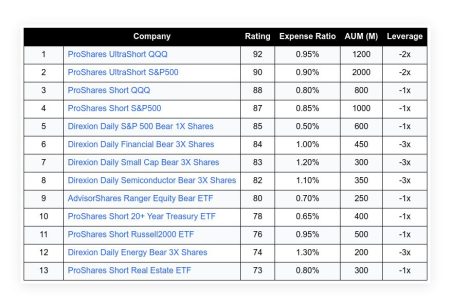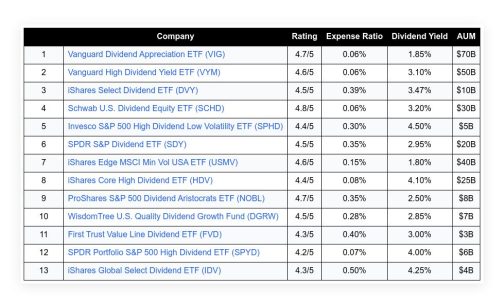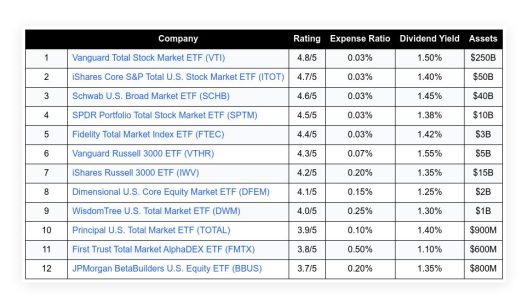The financial market is dynamic, constantly shifting, and evolving in response to various economic factors. One of the most significant influences on the market is inflation, a phenomenon particularly persistent in recent times. This article aims to provide an in-depth understanding of the current financial landscape, the impact of inflation, and how to effectively hedge your portfolio against it.
Table of Contents
ToggleUnderstanding inflation
Many financial analysts and investors have recently used the term inflation. Inflation refers to the general increase in prices and falls in the purchasing value of money. In simple terms, it means that the cost of living is increasing. This is not a new concept, but its persistence and impact on the market have become more pronounced.
The market has been experiencing a significant impact from inflation, with major indices down by 1%. This is primarily because the cost of commodities, the input costs for everything we buy, has risen by 13%. Oil prices have surged by 20% this year, and gas prices have increased by 50 cents a gallon. For chocolate lovers, the news is even more disheartening as cocoa prices have doubled in the past year.
View this post on Instagram
A post shared by Taylor Sohns – CFP®, CIMA®, MBA – Finance (@lifegoalinvestments)
Interest rates and the stock market
Interest rates play a crucial role in the financial market. Six months ago, the market was pricing in six interest rate cuts in 2024. This was a significant factor that drove stocks 25% higher. However, the market is now pricing just three interest rate cuts. This market sentiment shift was not reflected in stock prices until recently.
The relationship between interest rates and the stock market is complex. Lower interest rates can stimulate economic growth by making borrowing cheaper, leading to increased spending and investment. This can drive up stock prices as companies‘ profits increase. However, if inflation is high, as it is currently, this can erode the value of future profits, leading to a fall in stock prices.
Hedging your portfolio against inflation
Inflation can be a significant risk to your investment portfolio. Traditional investment options like bonds struggle with inflation. The value of bonds falls as inflation rises because the fixed interest payments become less valuable in real terms. Cryptocurrencies, another popular investment option, have also been hit hard by inflation. Despite the hype, cryptocurrencies have been underperforming in 2022 amidst the massive inflation.
So, how can you protect your portfolio against inflation? The answer lies in real assets. Real assets are physical or tangible assets with value due to their substance and properties. These include gold, oil, timber, farmland, and more. These assets tend to hold their value or even appreciate during inflation, making them an effective hedge.
Gold, for instance, has been a traditional hedge against inflation. Its value tends to rise when the cost of living increases. Oil, timber, and farmland are also valuable assets that can provide a hedge against inflation. These commodities are in constant demand, and their prices often rise with inflation, protecting your portfolio.
Conclusion
Inflation is a complex and persistent issue currently impacting the financial market. Understanding its effects and how to hedge against them is crucial for any investor. While traditional investment options may struggle amid inflation, real assets provide a viable alternative. Investing in assets like gold, oil, timber, and farmland can protect your portfolio and ensure your investments continue to grow, even in the face of persistent inflation.
Frequently Asked Questions
Q. What is inflation and how does it impact the financial market?
Inflation refers to the general increase in prices and fall in the purchasing value of money. It means that the cost of living is going up. The market has been experiencing a significant impact from inflation, with major indices down by 1%. This is largely due to the fact that the cost of commodities, which are the input cost for everything we buy, has risen.
Q. How do interest rates affect the stock market?
Interest rates play a crucial role in the financial market. Lower interest rates can stimulate economic growth by making borrowing cheaper, which can lead to increased spending and investment. This can drive up stock prices as companies’ profits increase. However, if inflation is high, as it is currently, this can erode the value of future profits, leading to a fall in stock prices.
Q. How can I hedge my portfolio against inflation?
Inflation can be a significant risk to your investment portfolio. The answer to protecting your portfolio against inflation lies in real assets. Real assets are physical or tangible assets with value due to their substance and properties. These include gold, oil, timber, farmland, and more. These assets tend to hold their value or even appreciate during inflation, making them an effective hedge.
Q. What are some examples of tangible assets that can provide a hedge against inflation?
Gold, oil, timber, and farmland are examples of real assets that can provide a hedge against inflation. These commodities are in constant demand, and their prices often rise with inflation, protecting your portfolio.

















